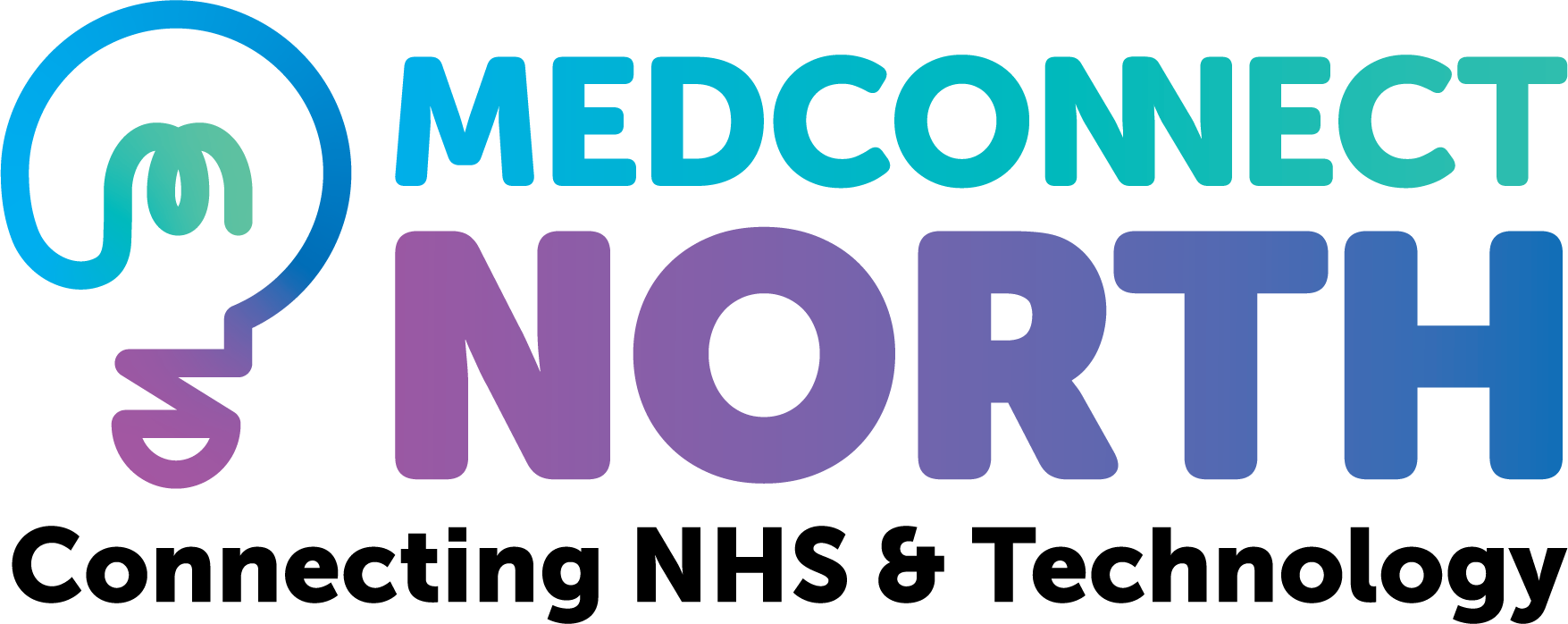A North East and North Cumbria Innovation Pathway partnership case study
In late 2016/early 2017 Otsuka Pharmaceutical Europe Ltd. (OPEL) conducted interest calls with the NIHR Clinical Research Network North East and North Cumbria, Cumbria, Northumberland, Tyne and Wear NHS Foundation Trust (CNTW formally Northumberland, Tyne and Wear NHS Foundation Trust) and MedConnect North to explore the use of an innovative technology to assist in the management of serious mental illness, the Digital Medicine System.
The Digital Medicine System incorporates various devices: a pill with a sensor that activates upon contact with stomach fluid; a wearable non-mediated patient worn patch, that receives the signal from the ingestible sensor and is also able to record certain physiological data; and a smartphone app that allows individuals to review their medication ingestion and daily activity level, as well as enter their mood and rest. The data can also be linked, via web-based dashboards, to clinicians and relatives of the participant.
OPEL’s goal is that the Digital Medicine System supports clinical decision making with greater empowerment to all end users; clinicians, patients and care-givers, achieving better health through greater insight into an individual’s healthcare in different care settings. OPEL had been introduced to various NHS Trusts within the North East and North Cumbria region and after initial meetings they entered into an agreement with CNTW to help shape and deliver a multi-centred, open-label, real-world study using Otsuka’s new Digital Medicine System.
The team who assisted the study development was led by Dr Stuart Watson (Consultant Psychiatrist) and consisted of Anna Massey (Senior Clinical Studies Officer: Mental Health), Lyndsey Dixon (Research & Development Manager) alongside support from various members of the wider research teams as well as Patient and Public Involvement and Engagement assistance from Tracy Scott of Newcastle Upon Tyne Hospitals NHS Foundation Trust.
One of the main problems which OPEL are looking to solve with the Digital Medicine System is that although clinically
efficacious treatments exist, such treatments are not always being taken or not taken properly. This results in a cost to the NHS for medicines which are not being effective due to them not being taken as prescribed.
During the initial phase of the collaboration, Dr Watson and the wider team looked at the best way to use the Digital Medicine package within CNTW to best meet the needs of NTW patients and clinicians.
Once this had been agreed upon in March 2017 there was a workshop, facilitated by Tracy Scott and Lyndsey Dixon, which involved patients and the public giving input into the study design and the use of technology within the patient population. This has led to a robust protocol being developed for this study and ensured that the patient population have had a voice in
the process.
The aim of the study is to provide a solid evidence base for the Digital Medicine System to not only show that it works, but also that the clinician and patient population will be comfortable in using this new technology to support recovery and disease stability. This trial will look at the acceptance and performance of the Digital Medicine System in adults with schizophrenia, schizoaffective disorder, or first episode psychosis over an 8 week period.
The study will be commercially sponsored by Otsuka Pharmaceutical Development & Commercialization, Inc. (OPDC), based in the United States, and highlights the outstanding collaborative work taking place across the North East and North Cumbria region. The work between CNTW, Newcastle Hospitals, MedConnect North and Otsuka (OPEL and OPDC) has led to a multi-centre study to help provide an evidence base for a cutting edge concept and product to ensure patients benefit from innovative support.
Dr. Nathan Cope, OPEL European lead for the project commented, “It has been extremely important to capture the thoughts and opinions of clinicians and service users who will ultimately benefit from the Digital Medicine System; having their robust input has led to a genuinely collaborative study design that highlights what is important to them as end-users to demonstrate value.”
